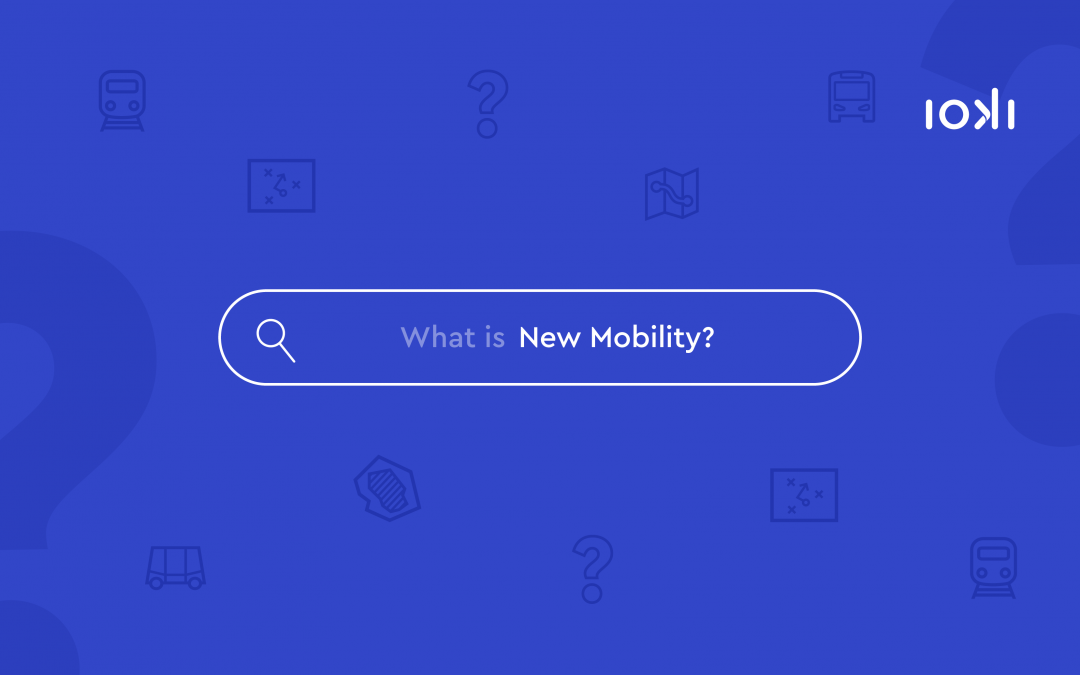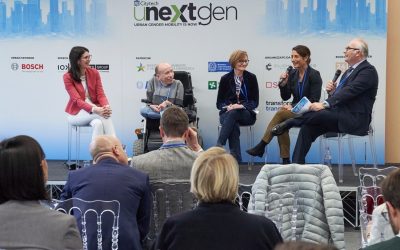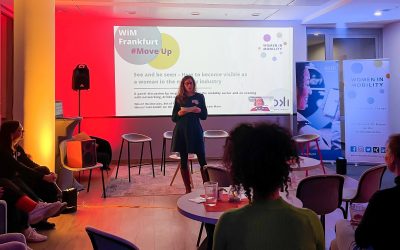Hello Philipp, thank you for taking the time to talk to us! You have already been through a few stages at ioki, how did you become aware of ioki?
A few years ago, I read a tweet from ioki by chance that made me curious. Already at that time, the innovative approach inspired me and I wanted to get a deeper impression. However, I was still in the middle of my studies and had to wait until a suitable opportunity for an internship arose. That’s when I remembered the tweet and ioki again and sent a – fortunately successful – speculative application.
That sounds like fate 😉 Why did you want to write your master’s thesis at ioki?
The cooperation with ioki offers me the opportunity to use a very extensive data pool. The access to detailed geographical and socio-demographic data sets, among other things, is very valuable for my work. In addition, this allows me to benefit directly from the team’s broad expertise in on-demand transport on the one hand and to contribute to the further development of the methods on the other.
The Mobility Analytics and Consulting team has been growing rapidly in recent months, as has ioki as a whole. We are always looking for new iokians. Why should someone apply to us?
During my time here so far, I have come to appreciate the entire team and the culture at ioki in general. Right from the start, I was very much integrated into the internal processes as well as the project work and was able to contribute directly. The tasks in exciting projects for various clients were very diverse and still are. In particular, the pleasant working atmosphere, whether mobile from home or on site in the office in Frankfurt, convinced me in the end to want to continue working at ioki beyond my studies. At least that’s my personal experience. Anyone who is not put off by this should think about applying 😉
Well, if you don’t apply now, it’s your own fault 😊. There is a great need for transport planners in mobility companies – it is an important profession for driving forward the mobility of the future. What excites you about your job as a transport planner?
Transport planning is a complex field that offers many exciting areas of activity that are closely intertwined. This makes my work at ioki very diverse, as each project offers different objectives and challenges and the approach has to be adapted to each one. What drives me the most is that all concepts and planning do not take place in a vacuum, but have a concrete influence on the mobility options of the users in reality.
What are the most important factors for you as a transport planner to make a demand-oriented, inclusive and sustainable transport transition a reality?
A close networking of the diverse mobility offers for different transport purposes with a strong integration of barrier-free public transport, so that there is no dependence on the private car. A particularly big challenge will be to provide reliable alternatives throughout the day, even in rural areas with low and dispersed demand.
Thank you Philipp for your time and your detailed answers. One last question: Imagine you have one wish: What would you most like to change about mobility today?
From the user’s point of view, I would like to see a functioning booking option for all mobility options via a central access point online or via app, so that one can use exactly the right means of transport for each journey purpose. This would facilitate a multi- and intermodal choice of means of transport, not only for me personally.



